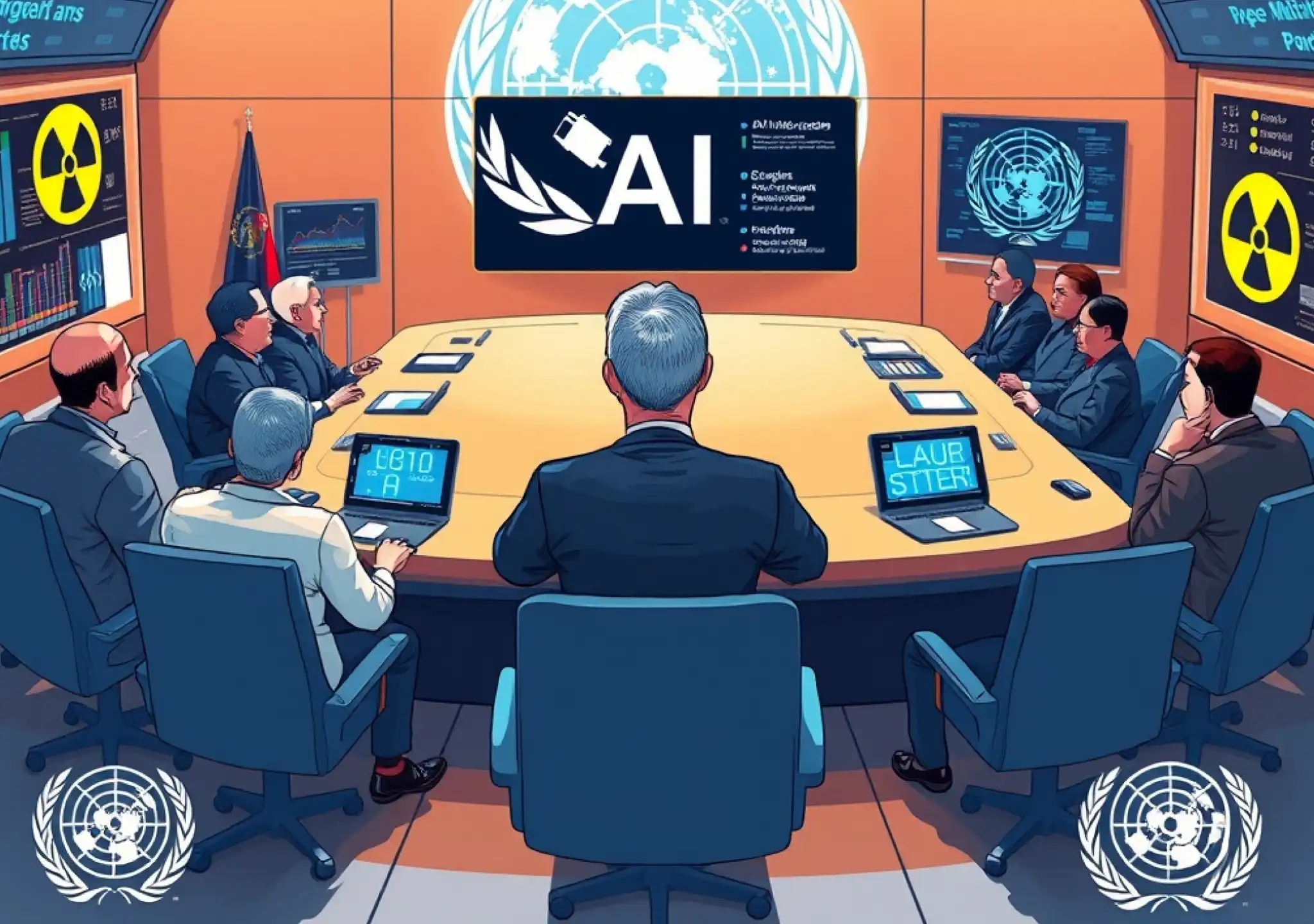UN Secretary-General António Guterres has raised concerns about the risks posed by artificial intelligence (AI), warning that it is being used to spread disinformation and hate. Guterres backed a proposal to establish an international watchdog similar to the International Atomic Energy Agency (IAEA) to oversee AI technology.
At the launch of a new policy on disinformation, Guterres acknowledged that technological progress has brought benefits but emphasized that AI presents significant risks to democracy and human rights. He highlighted the growing public concerns about AI’s ability to generate misinformation and deepfakes—AI-created images and videos that imitate real people.
AI’s Threat to Democracy and Human Rights
Guterres remarked that the warnings about AI, particularly generative AI—which can perform tasks like answering questions, summarizing text, and even generating code—are becoming louder. He cited the growing concerns of developers, who equate the risks of AI to existential threats such as nuclear war. “We must take those warnings seriously,” he said.
He expressed support for a proposal by AI executives to create an international body similar to the IAEA, which could regulate AI’s deployment, enforce safety standards, and monitor usage. Guterres also unveiled plans to launch a high-level advisory body by the end of the year to review AI governance and provide recommendations on aligning AI development with human rights and the rule of law.
AI Safety Regulation on a Global Scale
Guterres suggested that the proposed AI agency could follow the model of the IAEA, which has been operating since 1957 to promote the safe use of nuclear technology. He stressed, however, that only member states could establish such an agency, not the UN Secretariat.
The idea of an AI regulatory body has also been supported by OpenAI, the creator of ChatGPT, which proposed that such an agency could impose restrictions on AI deployment, ensure compliance with safety protocols, and track computing power usage. UK Prime Minister Rishi Sunak also expressed interest in making the UK the home for global AI safety regulation and announced plans to host a summit on AI risks later this year.
Challenges of Global AI Regulation
Philosophy Professor Robert Sparrow from Australia’s Monash University remarked that global regulation of AI presents significant challenges. However, he emphasized that the issue would require a culture shift in engineering, computer science, and government, rather than relying on one singular agency to govern AI.
Guterres also supported the UK’s AI safety summit, emphasizing that serious preparatory work should take place beforehand. He announced that he would soon appoint an advisory board of AI experts and chief scientists from various UN agencies to guide the discussions.

